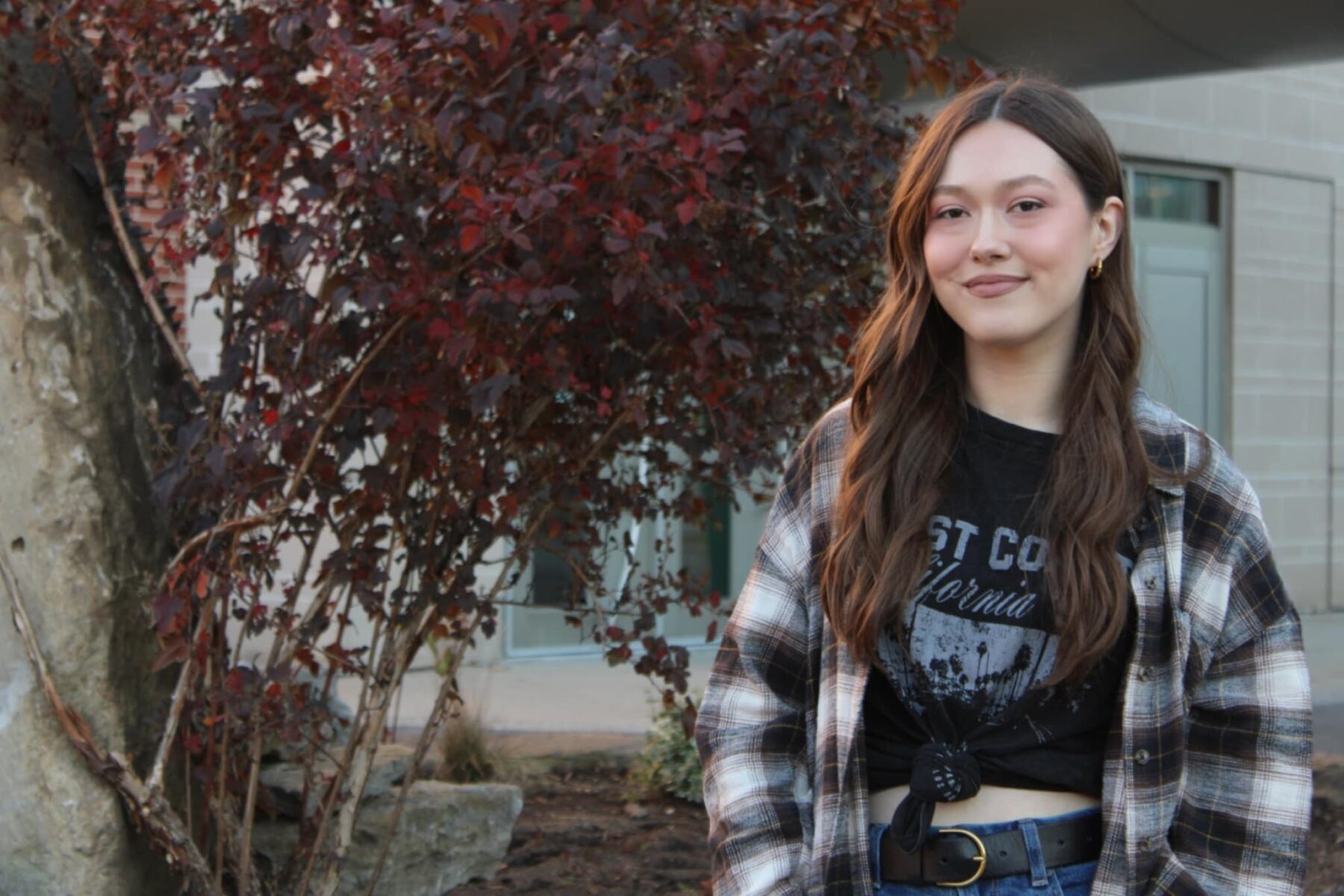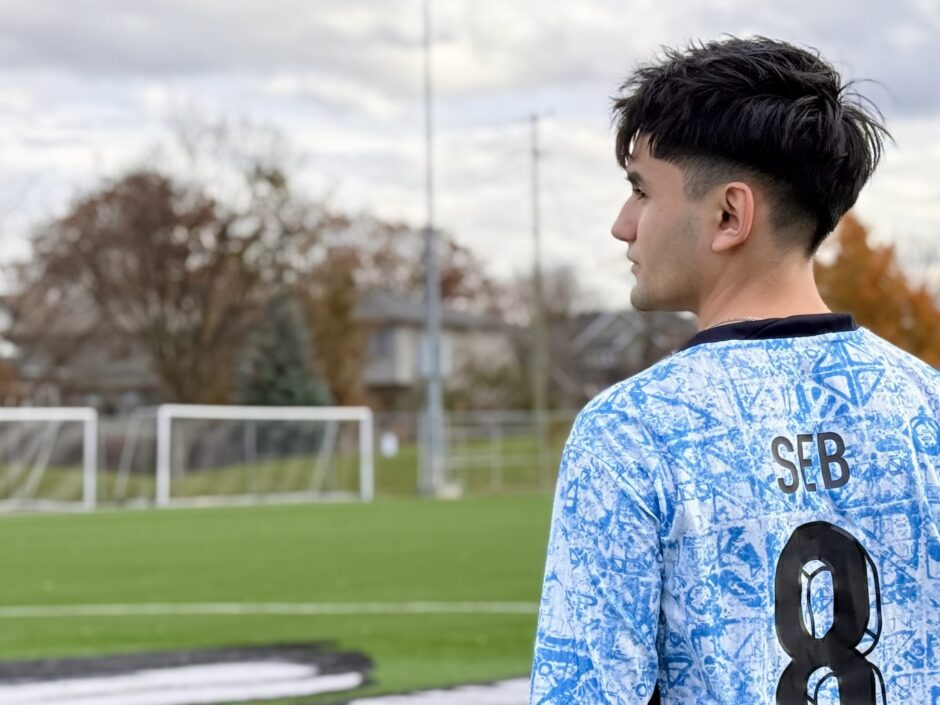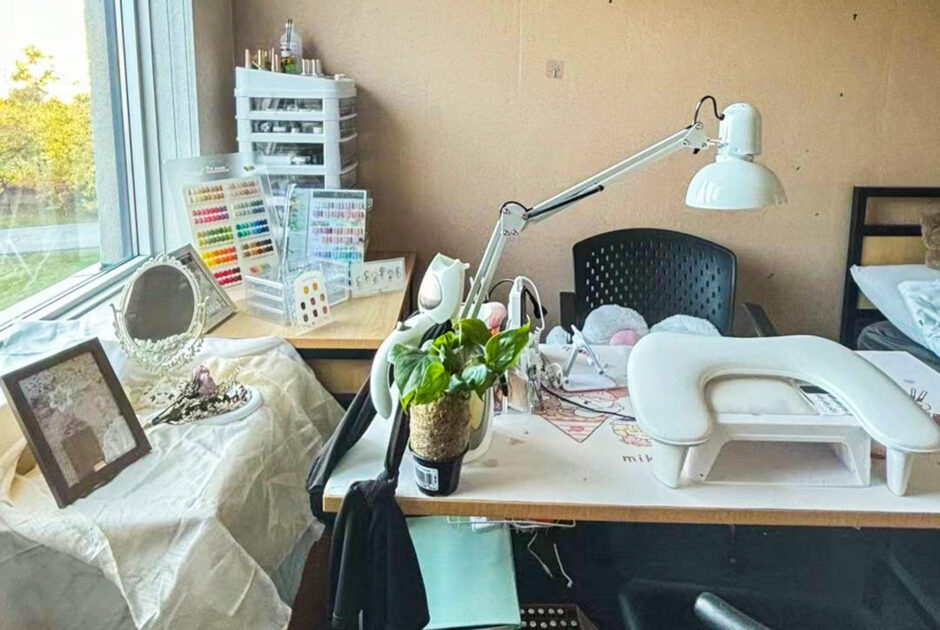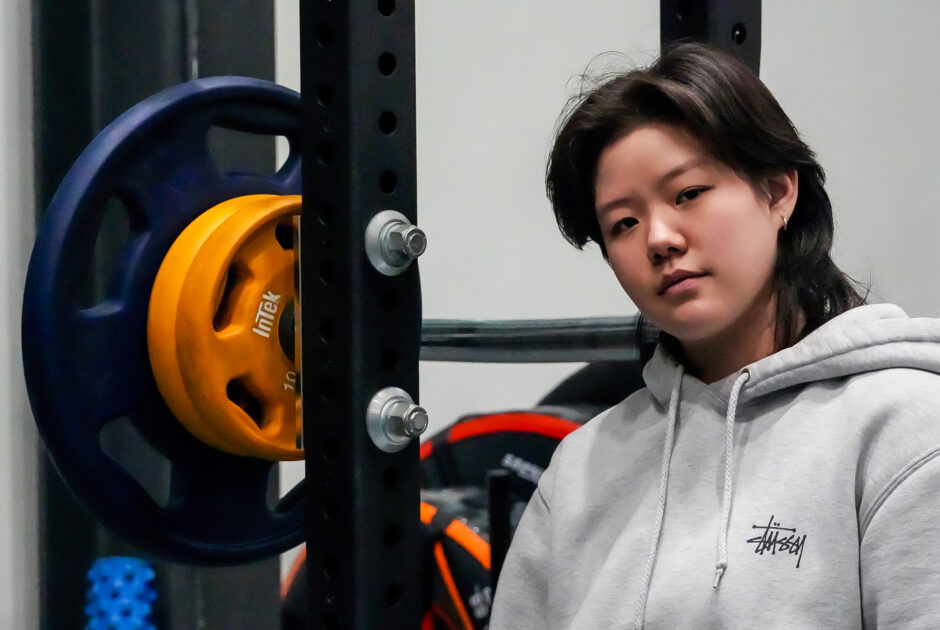First Person: Protecting your mental health sometimes means cutting people off

This school year, I decided I needed to change how I dealt with my anxiety. Anxiety is something I’ve struggled with since I was 13 and now, at 26, I’m still figuring out how to deal with it in a healthy way. After spending the past year being in a constant state of panic, I started reflecting on my day-to-day life to find the root cause of my anxiety. But, I was having a hard time figuring it out.
Then, my phone rang. It was my older sister calling. Without knowing what she wanted, I already felt drained. It was the fourth time that day she had called me about a problem she had. Days before, she had Facetimed me several times throughout the day. Her problem was something you’d normally go to a therapist for, but she wouldn’t go to therapy. Without even realizing it, I had become her around-the-clock therapist.
What’s something a therapist would say? You can’t help someone unless they’re willing to help themselves. She wasn’t there yet, and I couldn’t handle her dragging me down with her. I was frustrated.
After this last call, my sister and I didn’t talk anymore. Although I wanted to be there for her, I couldn’t be her therapist. She was asking too much of me. I couldn’t be there for her anymore because I needed to be there for me. I needed to learn how to put my own oxygen mask on first before helping others.
That’s when it hit me. I needed to start setting some boundaries with the people in my life.
My friend Megan Konrad and I talk about how hard it is to not put self-care on the back burner when the people in your life need you. She taught me it’s important to have boundaries in your relationships.
“Relationships aren’t black and white,” said Konrad. “You can love someone, want to be there for them… But they need to be giving you just as much as they’re taking from you, otherwise it’s one-sided.”
One of the biggest lessons I’ve learned in adulthood is not everyone wants what’s best for you. It’s easy to have boundaries, but it’s hard to enforce them.
Once I began setting boundaries, I noticed I had less people in my life. I lost another sister and a few friends, all in a couple weeks. People fought back constantly. They told me I became mean. They told me I changed. And I did. My boundaries were protecting my mental health and I was starting to feel better. My heart rate had lowered and I was no longer in a constant state of panic.
My friend Ryleigh Brennan began to notice the change.
“You’ve always been shy about standing up for yourself. People aren’t used to you not being a doormat. I don’t think they were ready for you to actually cut them off if they chose to not respect you,” said Brennan. “When people don’t respect you the first time around, don’t let them have another go at it.”
When I realized what the root cause of my anxiety was, I learned the importance of having boundaries that safeguard your mental health.
I’m not closed off from mending the relationships I’ve recently lost, but I won’t be putting my self-care on the back burner in order keep people in my life.








